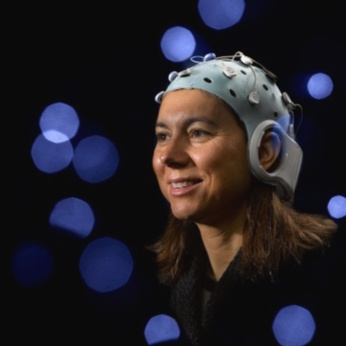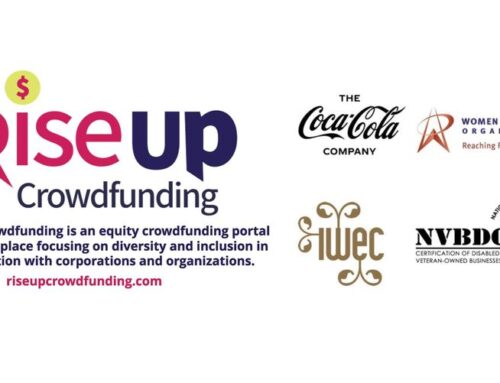Financial Times
Going back to business school helped Ana Maiques develop her brainwave.
Embracing failure is a cliché in the tech start-up world, often trotted out to soften the blow of a mistaken management decision. But for husband-and-wife founders Giulio Ruffini and Ana Maiques, the collapse of the tech company where they both worked in Spain was the catalyst for their own medical device start-up. The couple met in 1999 when they were hired by Brussels-based blue-sky business Starlab to run its research division in Barcelona. The bursting of the dotcom bubble in 2001 put paid to Starlab, which depended heavily on third-party investment, and it filed for bankruptcy. Ruffini and Maiques were convinced that their part of the business had a future, so together with a group of colleagues they bought the Barcelona operation, eventually spinning off the business they now run, Neuroelectrics, which provides technology to stimulate and read brain activity.
“It was at the moment Starlab was declared bankrupt that we became entrepreneurs,” Ruffini says. “We said either we go home or we buy the Barcelona company from the liquidators and make it on our own.” The vision for Neuroelectrics is to become a “digital brain health company”, says Maiques. “We want to be game-changers in brain health and ideally have our technologies used at home.” The company sells its devices to clinics and as a home therapy service to residential customers. The hardware, which resembles a swimming cap, passes small electrical currents into the brain. It can help with multiple conditions, the founders claim, including depression, chronic pain, sleep disorders and stroke rehabilitation. The equipment has also been used in medical research and the development of human-computer interaction.


